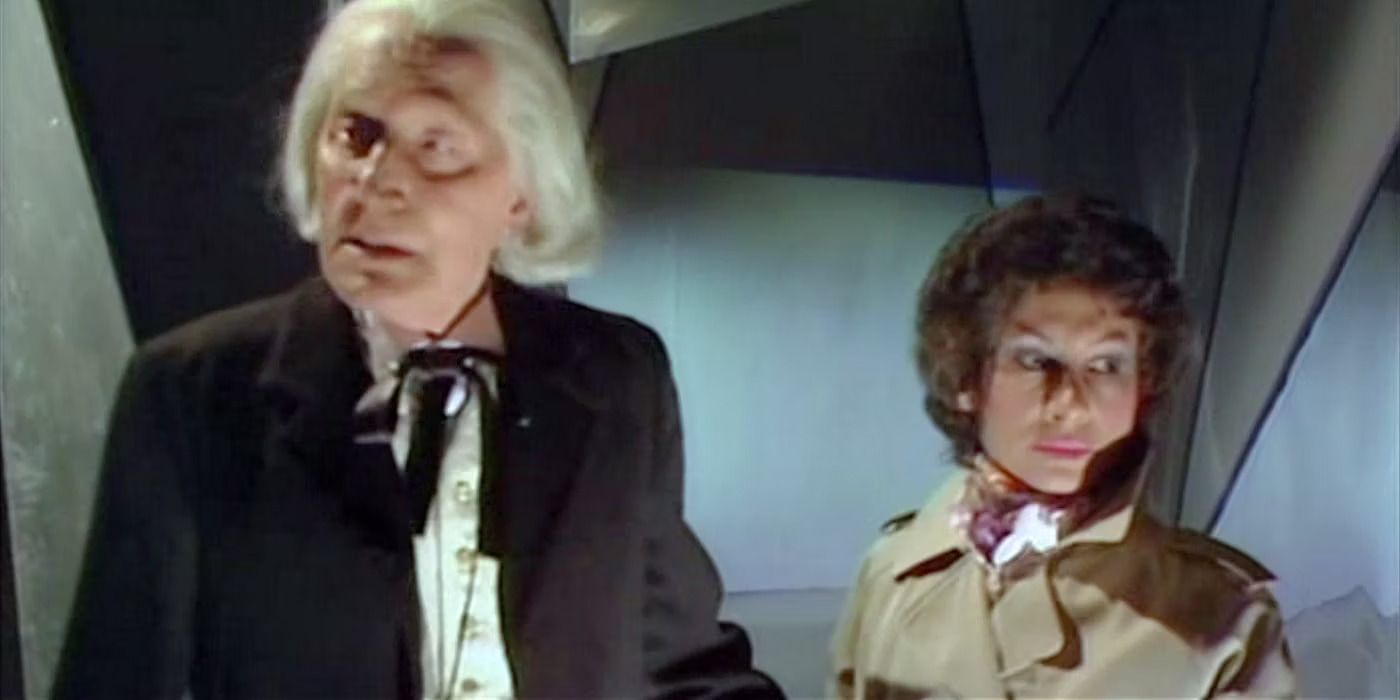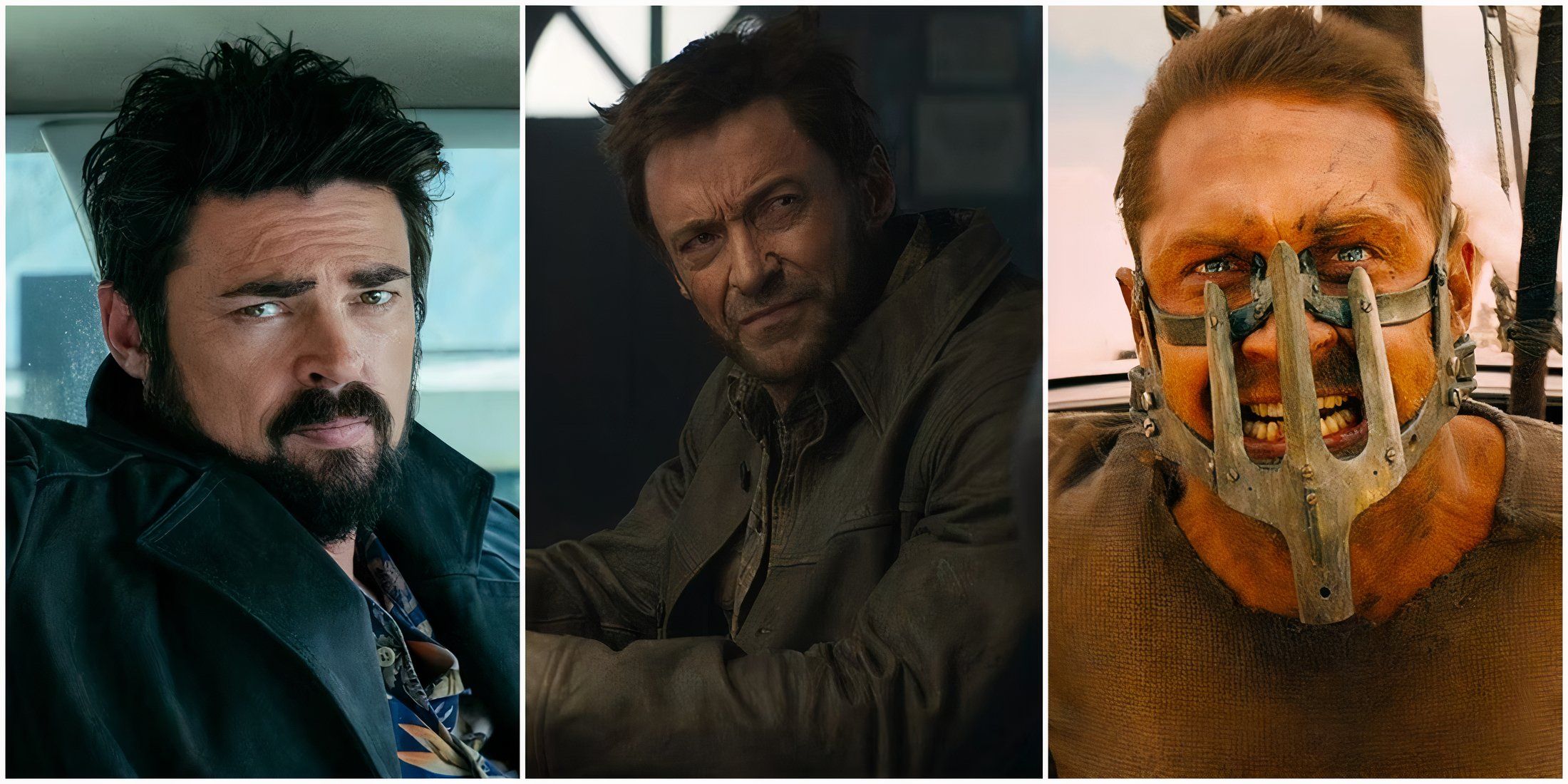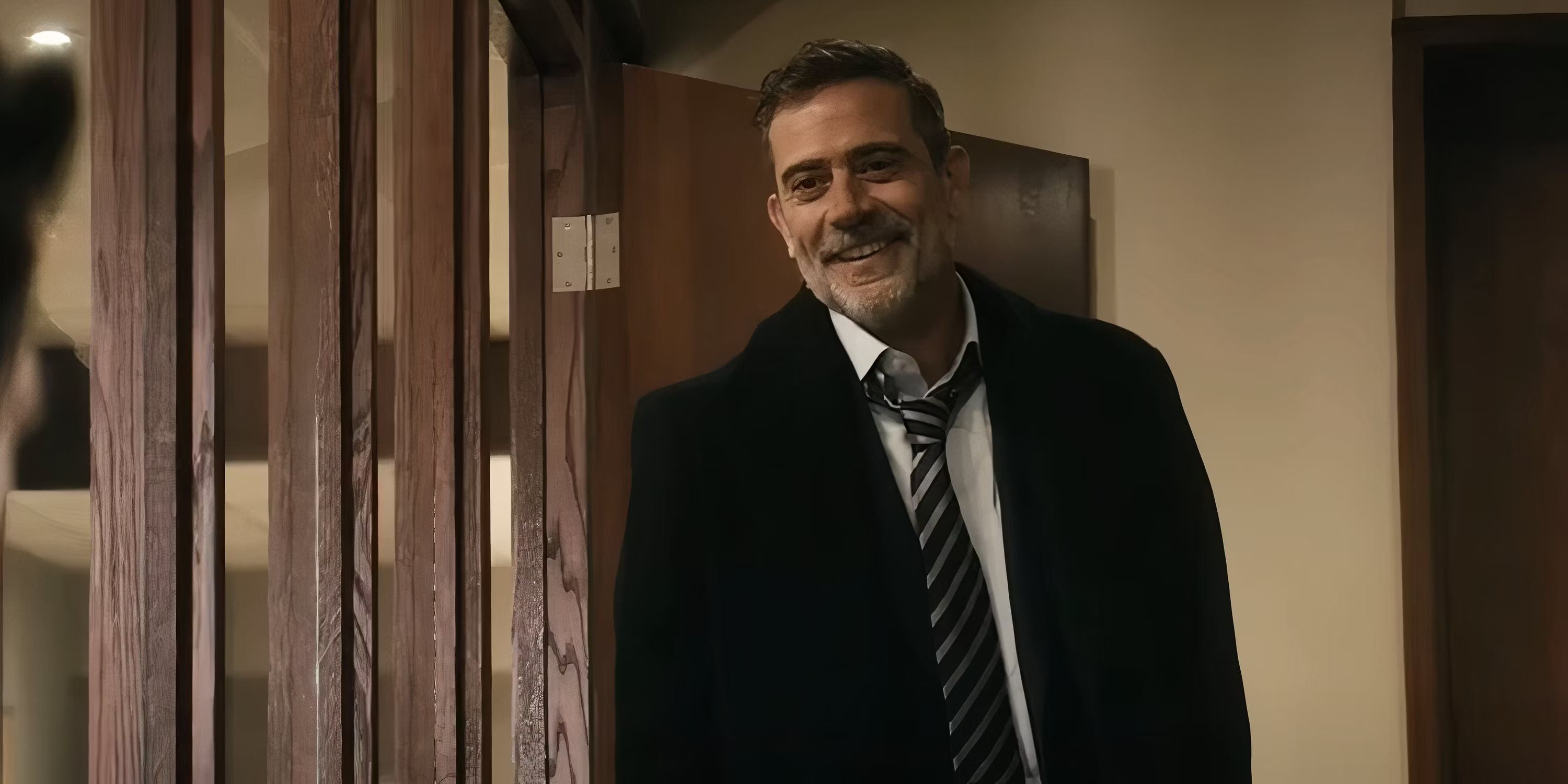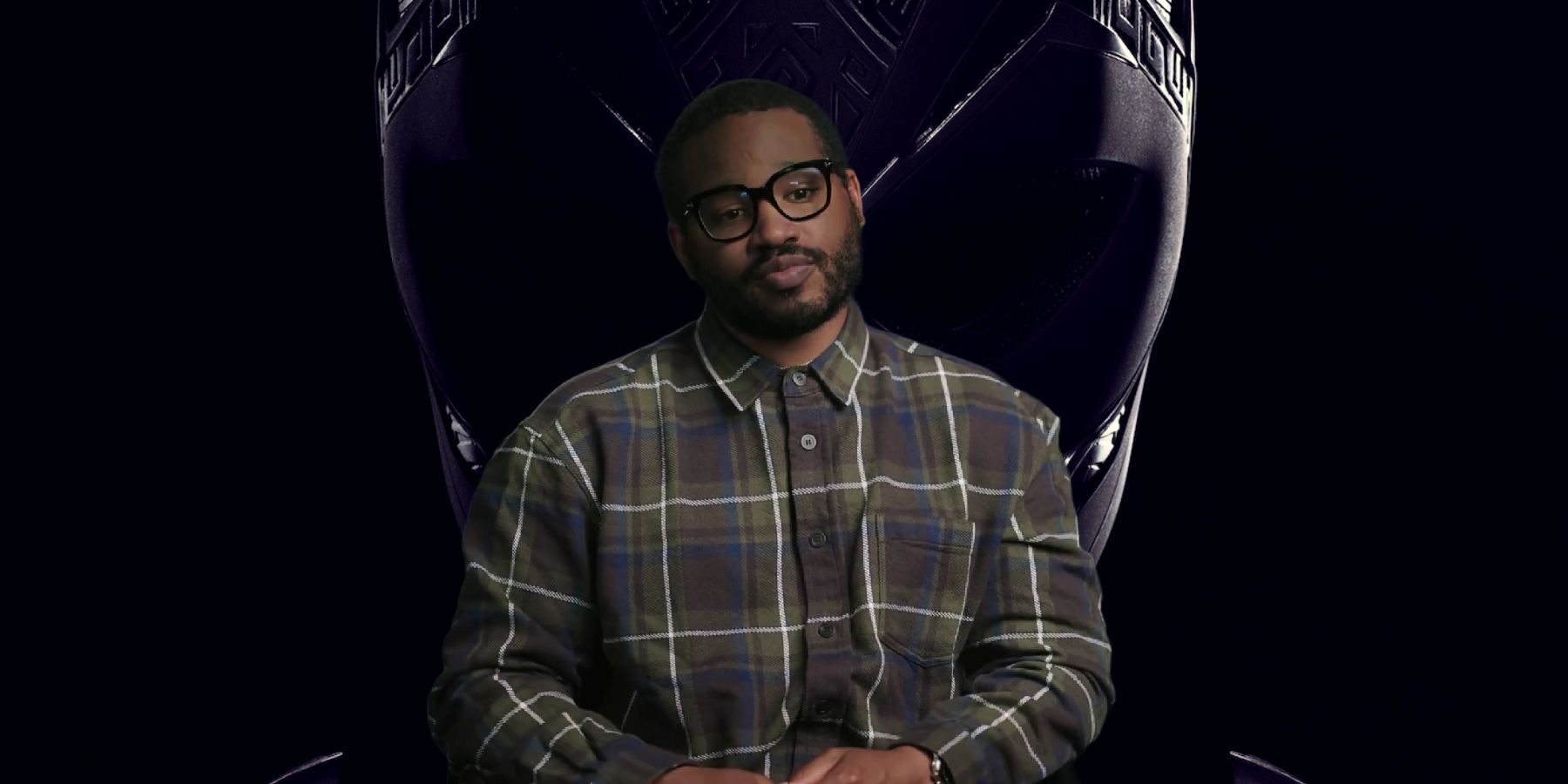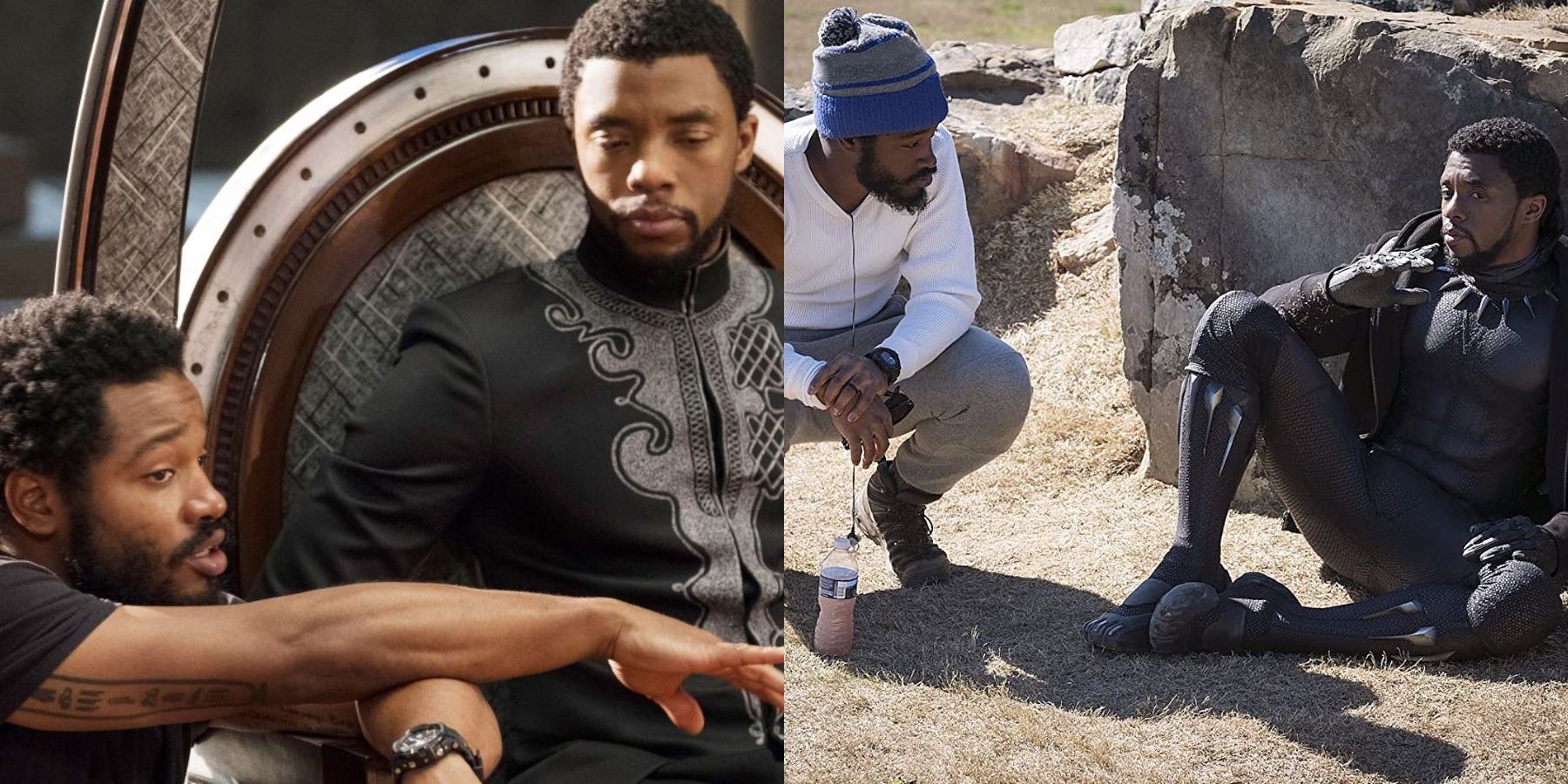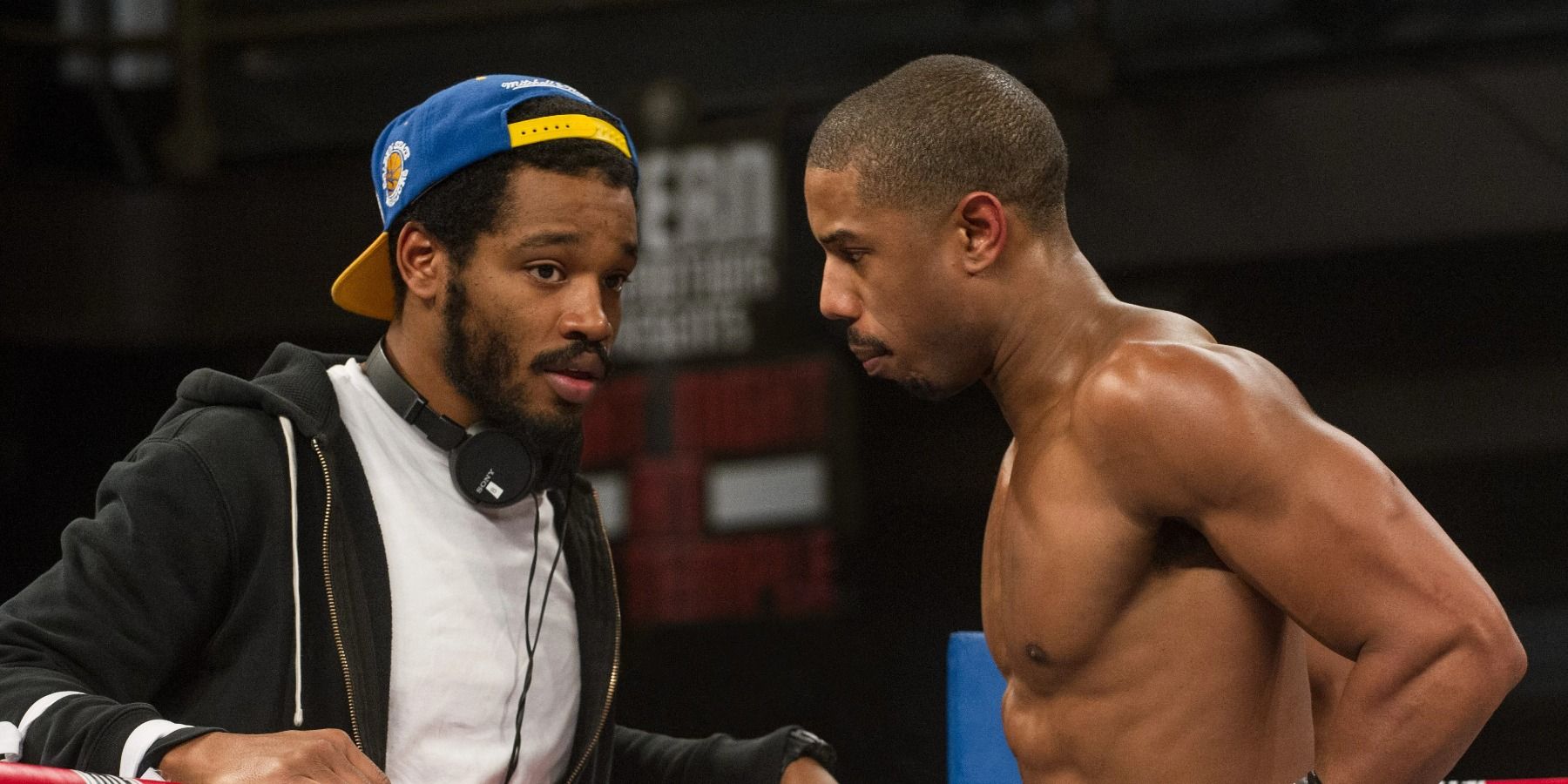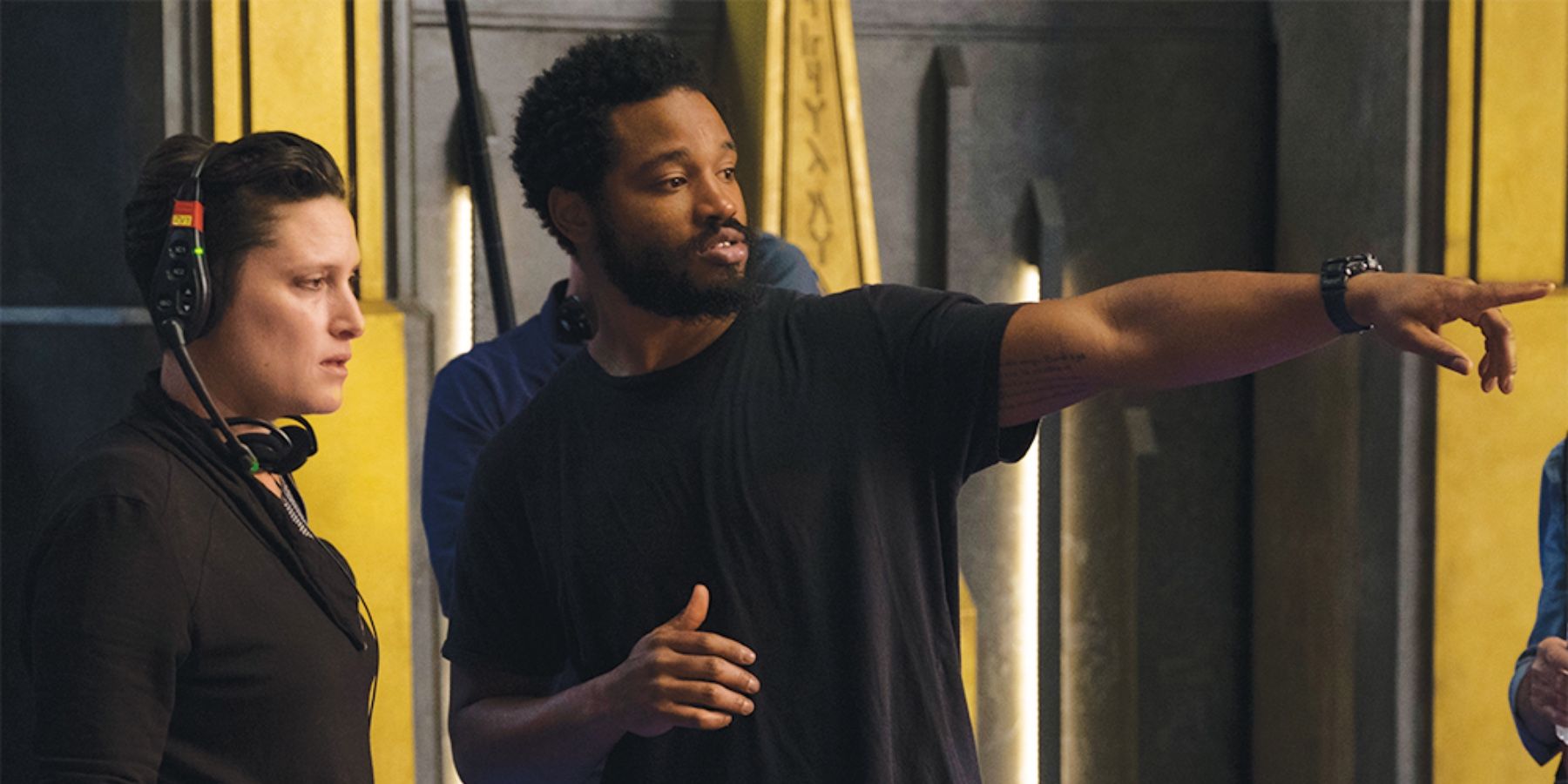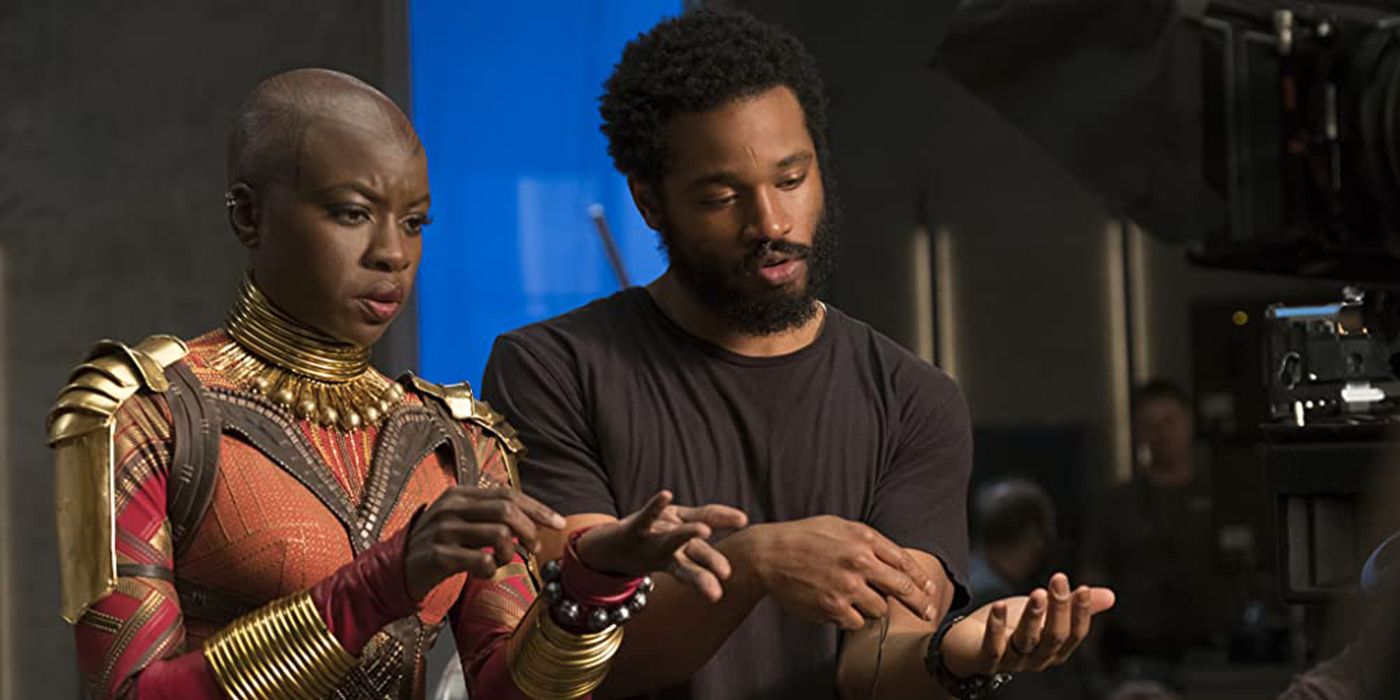At only 36 years old, Ryan Coogler is far from the only young brilliant director out there, yet his success with the Black Panther franchise, even in the direst of circumstances, does make him the kind of rare talent Marvel Studios will definitely want to hang on to for years to come.
That is because Black Panther: Wakanda Forever solidifies the notion that Coogler is no one-hit wonder, not that too many people might think that, given he was also instrumental in reviving one of filmmaking’s greatest legends, Rocky Balboa, when he helped launched Creed, now going strong into its third entry. So what exactly makes Coogler so special, and how has he managed to gain recognition for his artistry in the superhero films so often overlooked by other camera legends?
Black Panther Fits Him Like A Glove
Coogler debut film is nothing like the blockbusters he’s gone on to direct since then, in fact, it’s quite the opposite. Fruitvale Station is an indie gem of movie that looks back on the final day of an African American man killed by police brutality, hardly the gateway to a Disney’s superhero popcorn flick, yet Oscar Grant’s life does mimic something Coogler loves to work on, the idea of flawed or marginalized protagonists.
As a black director, Coogler possesses a unique voice to depict the African American experience, so it’s a blessing he’s also written every screenplay he’s worked on to truly infuse his characters with the exact emotional balance he desires. This is obvious in Creed, a film that's not really about boxing, but instead, centered around the absence of a father figure in Adonis’ life and Rocky Balboa’s own inner conflicts as he ages without the people he loved the most.
As far as T’Challa goes, the Wakandan price is far from the perfect hero, since his outlook on life is pretty much defined by growing up sheltered from the reality of not only the world but also his home nation, definitely not the case for Killmonger or much of the film’s audience. Black Panther is a tug-of-war between the conflicting views of two very different men, where the protagonist grows to be a better person and ruler thanks to the villain nearly ousting from power with his radical ideology finding some popular support.
All beautiful shots and cinematography aside, Coogler’s movies have very clear-set messages and themes, and his vision for a futuristic Wakanda was a worldwide hit because it offered a version of blackness that didn’t really exist in fiction. All of that is back in Wakanda Forever, only now he was tasked with writing a plot without Chadwick Boseman, and it’s fair to say he not only understood the assignment, but his touching take on grief from both a personal level and the MCU’s story is also a testament to his talent as a screenwriter.
Wakanda Forever And Coogler’s Marvel Future
Wakanda was never supposed to stay the same after Black Panther, and though his original idea for introducing Namor was different, Coogler found in Shuri his first black female lead, one just as conflicted as his previous protagonists. The main theme is grief and mourning, which is the lesson Queen Ramonda wants her daughter to learn through the traditions of their own culture, nevertheless, this process forces Shuri to question what she thinks she knows to be true in almost all aspects of her life.
Killmonger’s cameo embodies this to perfection as him showing up in Shuri’s trip to the ancestral realm is what tells the audience she’s hit rock bottom, she has to earn the Black Panther title as it means much more than just gaining superpowers from a lab experiment. The main story is gripping, it's a perfect example of how resourceful Coogler is as a writer, not only bringing back his epic Marvel villain to great effect but also introducing Namor as a convincing antagonistic force, something the MCU usually lacks.
Coogler is special for Marvel because his Black Panther movies have a unique identity, perhaps only comparable to James Gunn’s work with Guardians of the Galaxy (another writer-director), a far more humorous franchise, without all the political, sociological and racial undertones of Black Panther. Rather than being just a big paycheck, Black Panther is a mainstream outlet to portray the ideas he was always interested in as a filmmaker, all with a sweet $200m budget.
Recently, Kevin Feige was forced to address rumors that Coogler might be on the shortlist to direct Avengers: Secret Wars, the Multiverse Saga’s grand finale, and although the mere thought of it serves to recognize Coogler’s work, it’s hard to argue the two fit together. Coogler is smitten by Wakanda, hence why he is already committed to the untitled Black Panther spinoff series — an Avengers movie where most of the characters have already been fleshed out, particularly a Secret Wars written by Michael Waldron, isn’t the type of project that suits a man of his talent.
Now that Gunn has jumped ship, it’s hard to argue Coogler is not the most accomplished filmmaker in Marvel Studios’ roster, or at least, is uncontested that he’s the only one that’s pushed the MCU to the next frontier of filmmaking, finding success where even directors like Chloe Zhao with Eternals could not, and doing it during what is arguably Marvel's worst moment. Maybe Secret Wars is not the best project for Coogler to work on, regardless of that, Marvel Studios would do well to continue to pick his brains with more stories he's interested in as the results speak for themselves.
Black Panther: Wakanda Forever is currently available in theaters.

